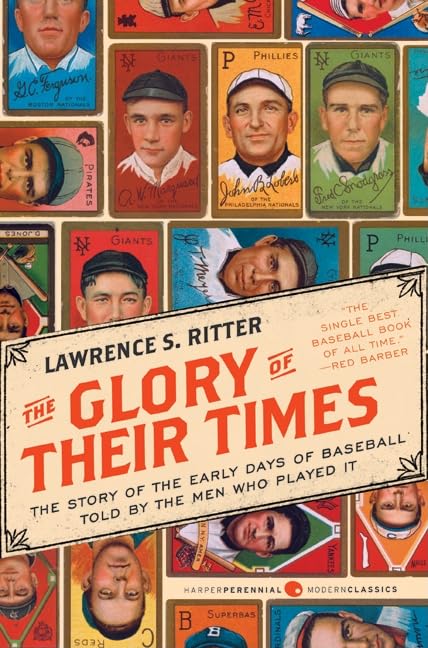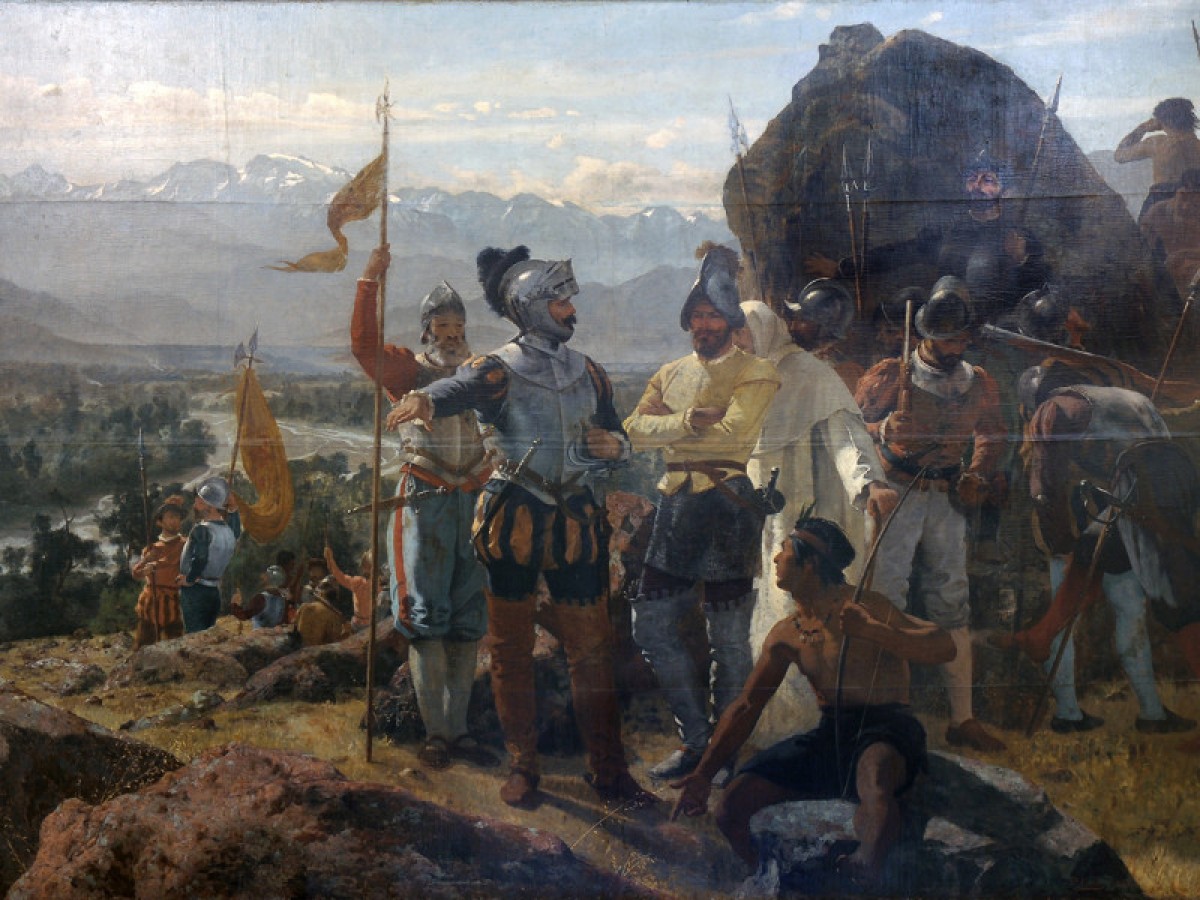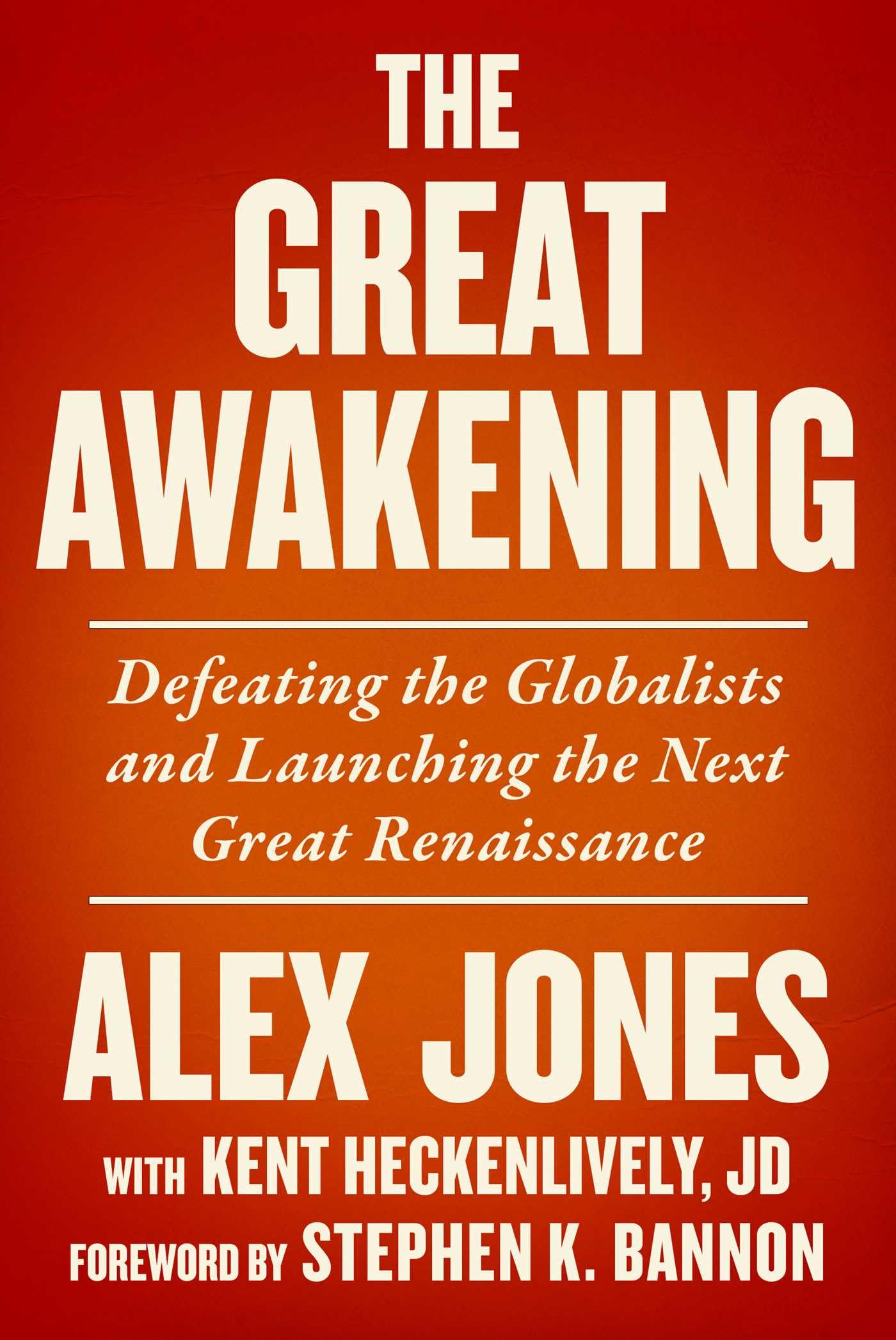DonDonDonPata
Bridge Burn Man
The books more or less crap on every facet of modern living with good reasons; the modern nation state as an inherently immoral body of governance, European colonialism and all that resulted from it, first highlighting how it's different and much more destructive than any other forms of colonialism that precede it, and further stating this one is not just about muh strong vs weak or they would've done the same if they had the weapons/technology. And other high level critiques of secularism, capitalism, materialism, all 4 sides of the political compass and basically almost everything else about modernity, which doesn't just mean recency and that it's always objectively the best time for humanity to live and everything before is terrible, outdated, bigotted etc, no, the author says; it's a specific manufactured phenomenon and a point in time that started with the enlightenment and the death of the already diseased and troubled European christianity. It's when laws were seperated from morals and reason became about the is instead of ought, as he put it. And to cap it off for controversies, and most surprising to the unintiated, the author is a Canadian christian who says he'd much prefer to live under sharia law, than the current system, also for reasons all broken down in The Impossible State.
This is just a very brief summary of what gets talked about, and I'm not at all an expert on the subject so I may have misinterpreted something here, it's a very nuanced topic that shouldn't be reduced to this comment in the first place, because it'll probably get misunderstood anyways for being insert stupid political label here.
sounds interesting! CS Lewis' The Abolition of Man covers the same central idea: when we separate laws from an objective moral system the laws will become tyrannical. When we separate ourselves from a transcendent human identity, we become animals.




















